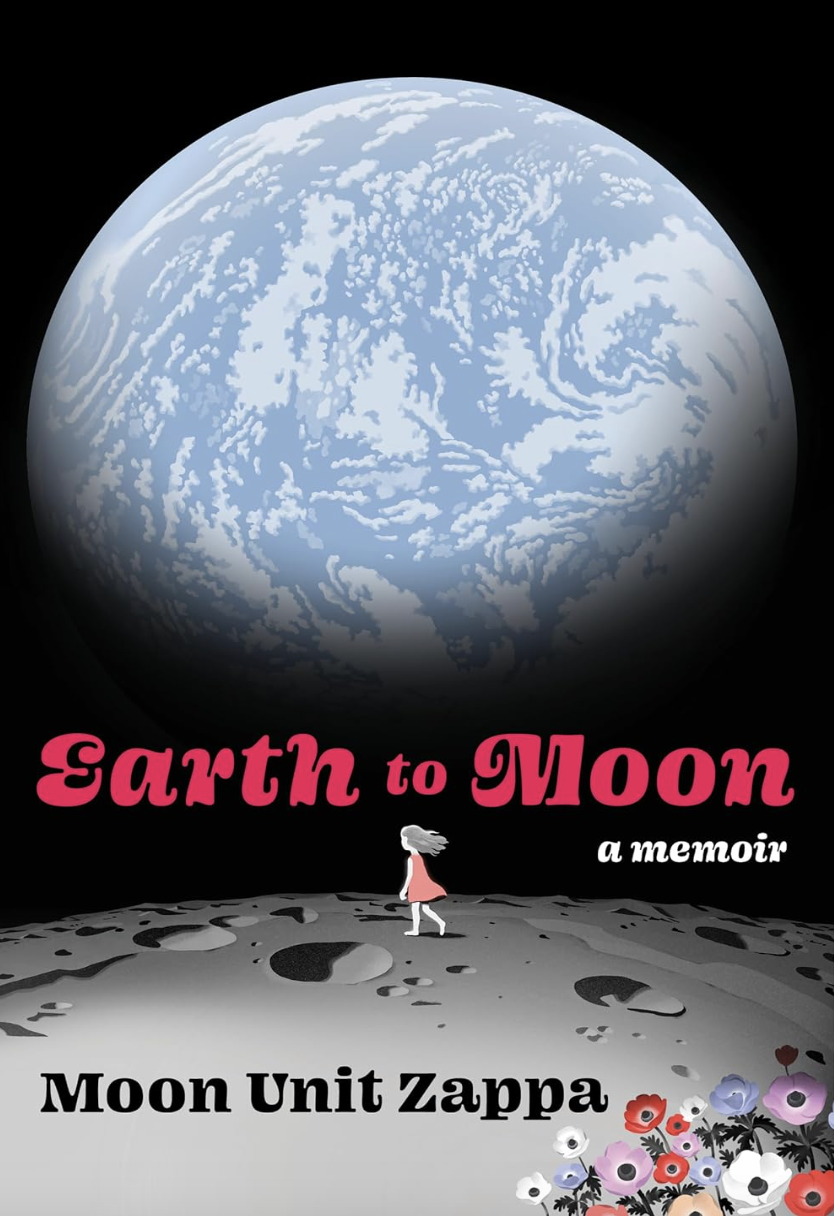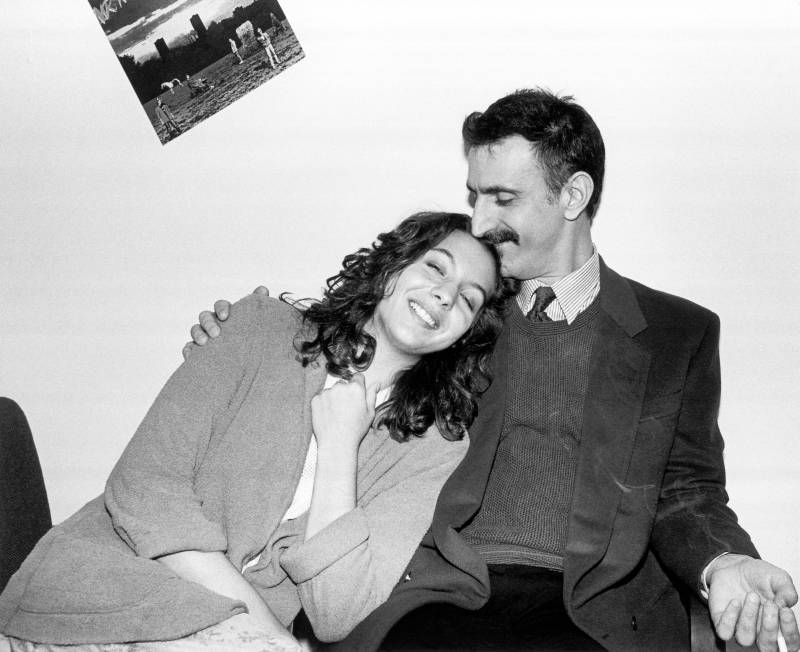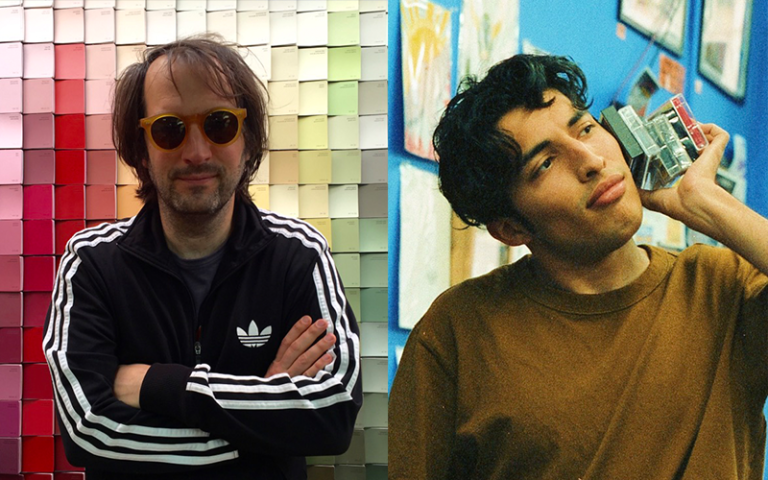In his 1989 The Real Frank Zappa Book, Frank admits he’s grumpy, has a bad attitude toward “typical familyism,” has no “friends,” and no time for “social activities.” (Quote marks, his.) “I do, however, have a wonderful wife and four totally unbelievable children, and that, folks, is way better,” he writes. Frank Zappa explains that he chooses to treat his children like people — as in, like adults — and believes, “Whatever they’re going to do in life, they’s going to do regardless of home instruction.”
Moon Unit describes those traits left her with a yearning — for more of his time, his attention, his validation. She and her mother frequently clash as they navigate Frank’s long absences, affairs, and occasional bomb drops (say, a possible run for president, or “Moon, I have cancer.”)
In one poignant episode, Moon describes being a child and being overcome with a fear of death. She dares to venture to Frank’s basement lair to seek her father’s comfort and he rebuffs her, telling her just not to think about it. Back in her room, she imagines what it would be like to be her dad and just not be afraid. She listens to his music and pretends he’s telling her a story.
“I listen to the notes of his song-story and my breathing slows down. My body feels heavy now,” she writes. “My eyes close to the night and the dark. I keep listening and let my daddy’s music wrap around me like tangled seaweed, and the music and my steady heartbeat intertwine until sleep pulls me under.”
Perhaps her biggest disappointment is her mother’s now well-publicized decision to make Ahmet and Diva “the sole and exclusive managers of all business” related to Frank after her death. She and Dweezil were given no rights to decisions about the family home, their father or their last name, which prompted deep soul-searching.






